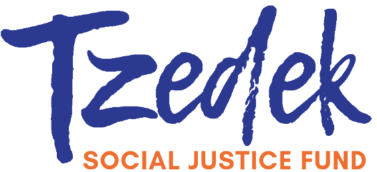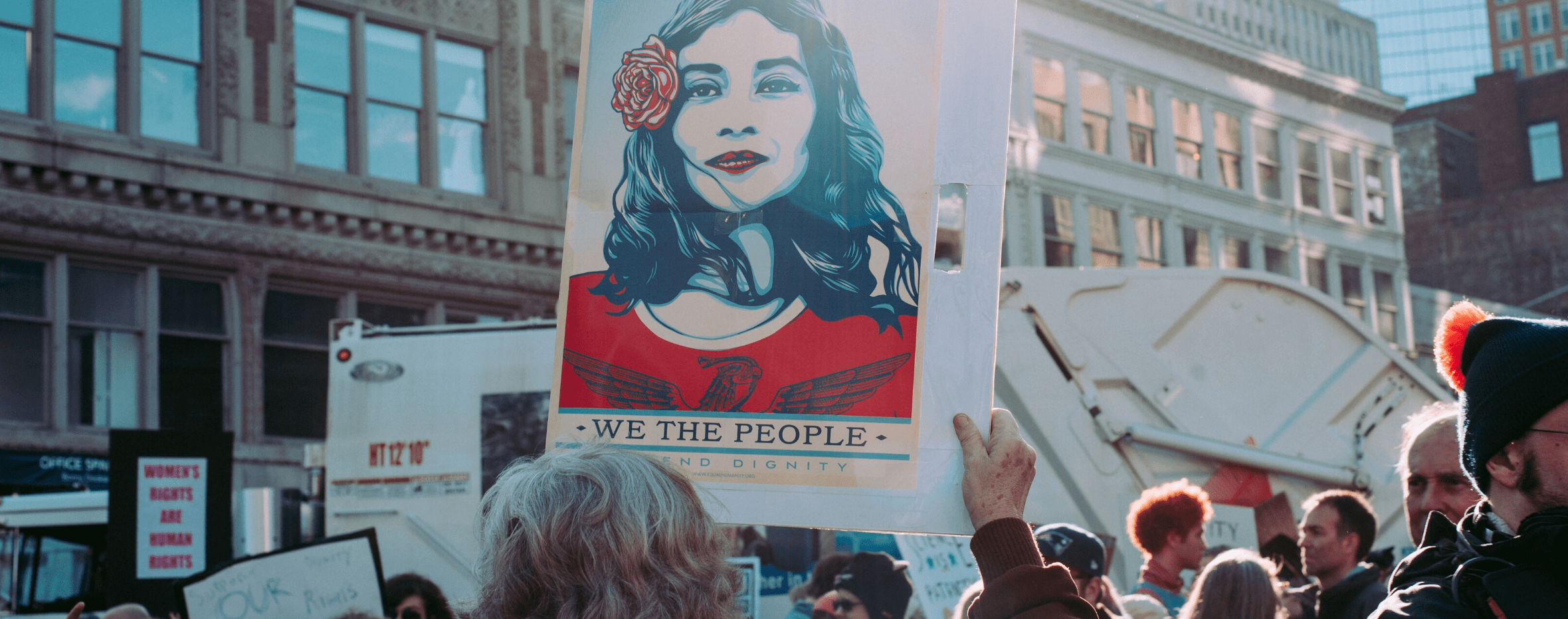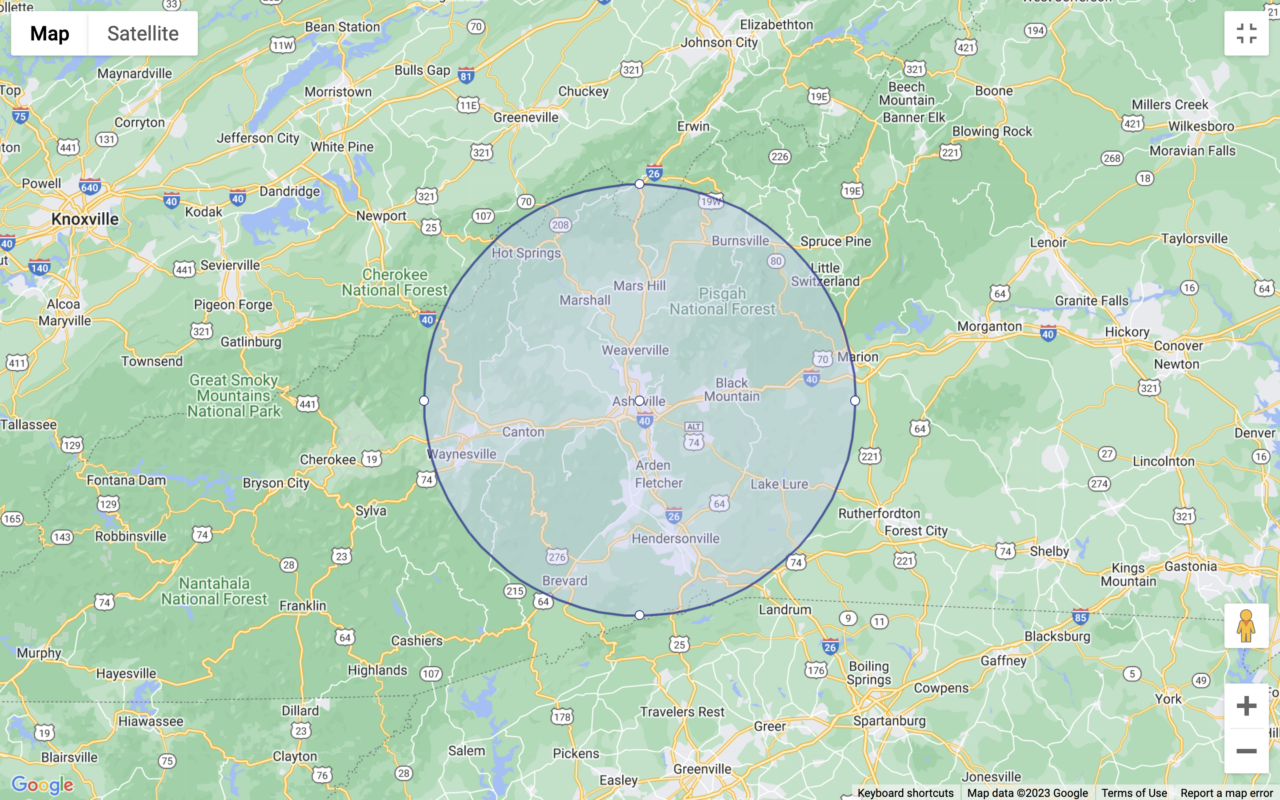Available in Español
Tzedek Social Justice Fund invests in movement organizations, non-profit organizations, and leaders working in the following areas.
LGBTQ Justice
The Tzedek Social Justice Fund is invested in work that celebrates and affirms lesbian, gay, bisexual, transgender, and queer people’s lives. We know that many LGBTQ folks are still not welcome at their family’s dinner tables or able to access culturally competent healthcare or presume safety. Although LGBTQ activism has been dominated by marriage equality (and white and resourced folks), we believe that LGBTQ justice depends on working in coalitions and thinking intersectionally.
There is so much work to be done— from employment protections to access to healthcare, from shifting the culture of homophobia in schools to resisting overcriminalization, from advocating for homeless queer youth to combating the persistent stigma of HIV/AIDS. We’re at a critical moment.
Racial Justice
Deep histories and long standing systems have created profound racial disparities in the United States. These disparities will not be repaired through diversity training, combating stereotypes, or challenging interpersonal discrimination alone. Thus, the Tzedek Social Justice Fund is invested in work that addresses the economic, cultural, and legal underpinnings of white supremacy.
We acknowledge that whiteness is a privileged status, even as it is complicated by other forms of oppression like homophobia and classism. And we understand that racism is a crisis. The evidence is found when we look at the prison industrial complex, income inequality, and health disparities. Tzedek’s work is to resist patterns that deepen racial injustice.
Social justice work has a long history of ignoring how racism plays out in movements. White folks have dominated the mic and the agenda. By centering racial equity, we are naming that there is no social justice without eradicating racism.
Dismantling Antisemitism
Our work is shaped by an understanding of Jewish history and a deep awareness that violence is possible when a marginalized group is subject to unfettered power and domination. Waves of blatant antisemitism tinge history, and currently, episodes of antisemitism erupt daily throughout the U.S. and Europe. In a landscape of oppression, antisemitism is sometimes quiet, but is easily aroused whenever a scapegoat is needed. The realities of antisemitism are often erased from social justice spaces that claim to be intersectional.
Our belief is that this profound exclusion compromises our movements’ capacities to respond to injustice, broadly defined. We know that dismantling antisemitism alongside anti-Black racism, Islamophobia, and xenophobia is essential toward building robust coalitions.
Geographic Scope
We invest our funding dollars in the Asheville area (within 30 miles of the Asheville City Hall building). Individuals and organizations located in one of the cities listed below are eligible for funding:
| Alexander | Etowah | Mill Spring |
| Arden | Fairview | Mills River |
| Asheville | Flat Rock | Montreat |
| Barnardsville | Fletcher | Mountain Home |
| Bat Cave | Gerton | Naples |
| Black Mountain | Hazelwood | Old Fort |
| Brevard | Hendersonville | Penrose |
| Burnsville | Horse Shoe | Pisgah Forest |
| Candler | Hot Springs | Ridgecrest |
| Canton | Lake Junaluska | Saluda |
| Chimney Rock | Lake Lure | Skyland |
| Clyde | Leicester | Swannanoa |
| Dana | Marion | Tuxedo |
| East Flat Rock | Mars Hill | Waynesville |
| Edneyville | Marshall | Weaverville |
| Enka | Micaville | Zirconia |


